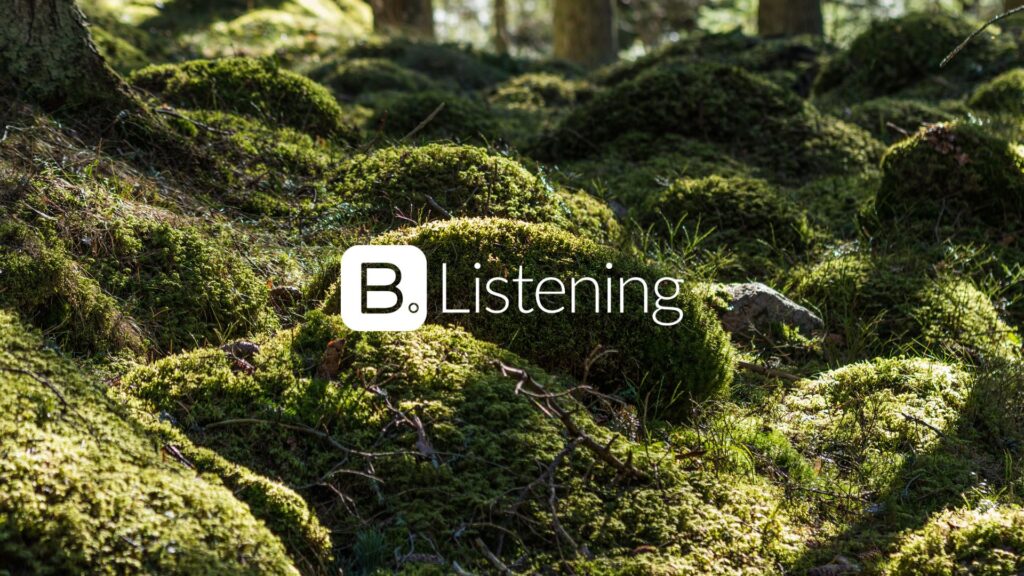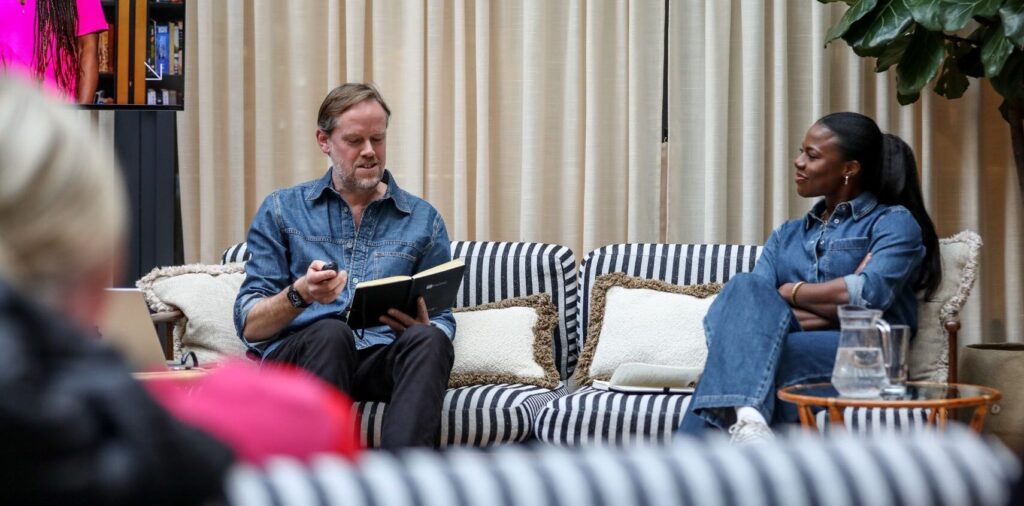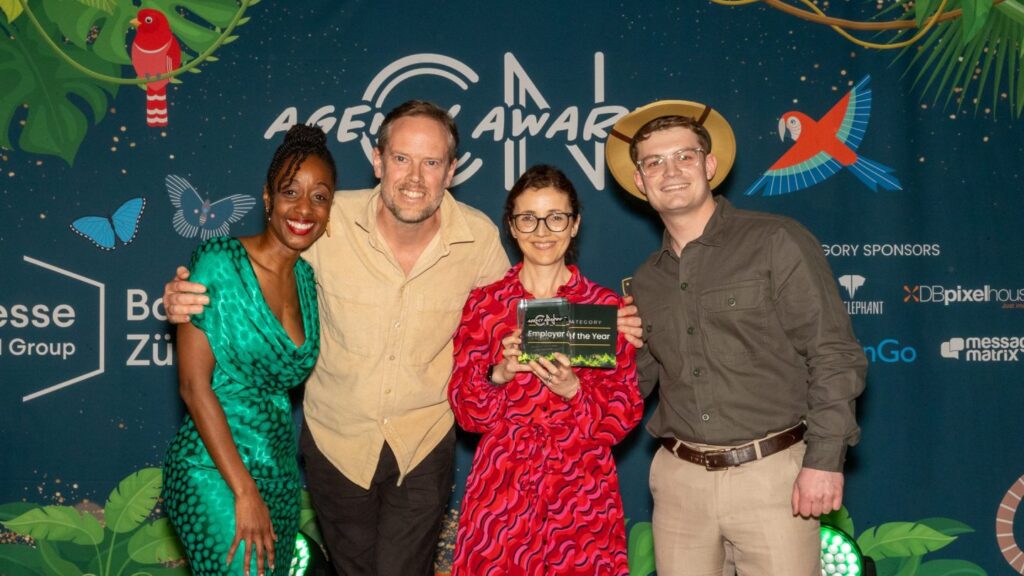B. Listening: Rewilding The Workplace
A New Generation of Events: Engaging a Gen Z Audience
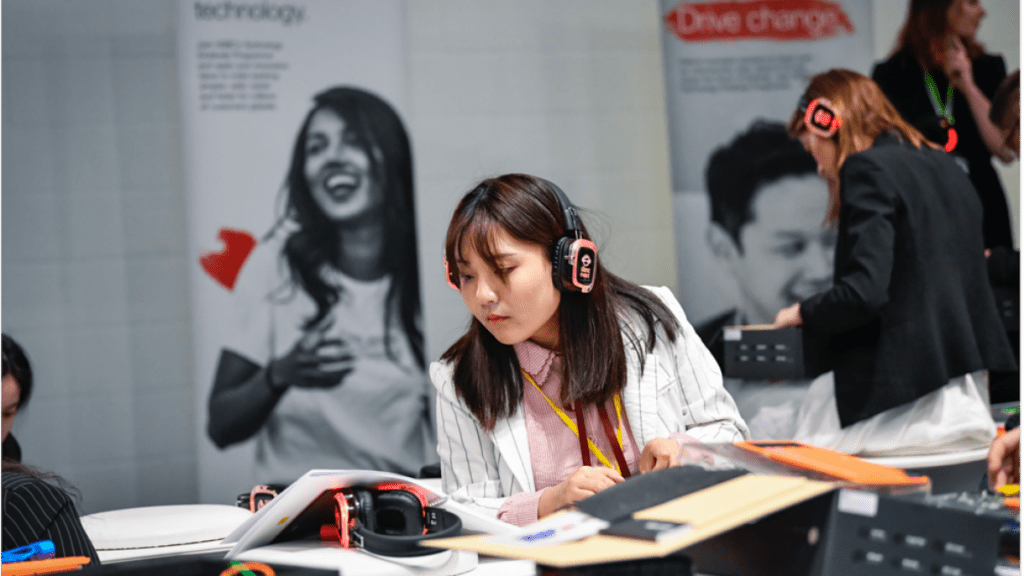
Matt Green, Strategy Director at Broadsword, explores what the next generation is looking for from event experiences. As a parent of two children part of Generation Z and an employer of a number of Generation Z apprentices, all at different levels of leaving school, graduating entering their careers, Matt is professionally and personally surrounded by the generation at the time where there is five generations integrated into the world of work.
We believe developing the next generation of talent and providing opportunities for young people is the future of the events industry and this has been a key focus for Broadsword, through apprenticeships, work experience placements through a partnership with Future First, and most recently our Project Coordinator joining micebook’s nineteen shadow board – a new collaborative membership group for the next generation of event agency leaders to bridge generational knowledge gaps, provide insight into cultural shifts, and address opportunities for talent attraction and retention in the industry.
It’s important to stay ahead of what your audience needs and with a new generation gaining prominence in the workforce, Matt explores the trends and challenges that come with this shift.
When it comes to hosting an event for a Gen Z audience, there are a few engagement tools that we all know should be there to boost engagement for these digital natives. Influencers, social media, interactivity, and digital elements. Yes, for a generation that barely remembers a world before smartphones, tablets and instant access, interactivity is of course key. But, a great app doesn’t always make for a great event if the audience experience hasn’t been considered. An audience experience, even for Gen Z doesn’t have to be driven by technology. For example a focus on learning activities can deliver a greater return on investment than constructing a flashy gimmick. At a recent future graduates’ insights day, wipe-boards and Post-It notes were out in force during a completely interactive session, with participant feedback high.
For Matt, a model of networking which compromises entirely of a room of people and a table of drinks is outdated and ineffective to keep Gen Z attendees hanging around post-conference. Rather than programming a corporate event to end with networking drinks, consider it as another opportunity for attendees to learn and absorb content. For example at a graduate induction event we deliver annually, this time was used for representatives from the business’ working groups such as sustainability to join the event and interact with attendees.
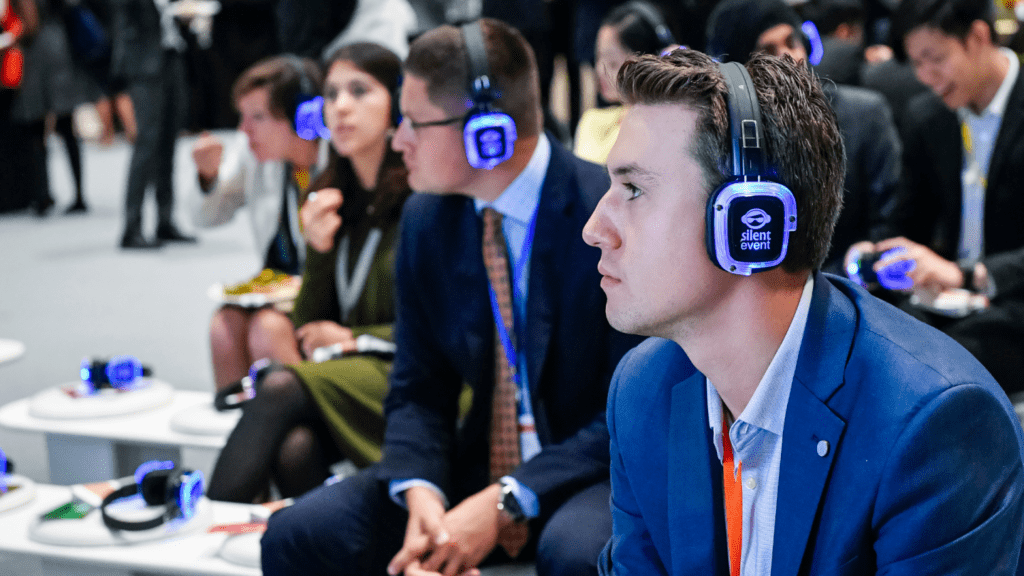
Understanding a Gen Z audience
The Gen Z members of our business are also very concerned about the environment and value initiatives such as the new push towards ethical retailing. They are some of the most engaged members of our Sustainability working group and keen to upskill via our membership with Isla, (changemakers within events and their impact on the environment). Reporting on the impact of your event and how your organisation is working towards their sustainability goals is likely to be important to your Gen Z workforce.
We think about crafting new experiences rather than recreating something from the past and having worked on graduate induction programmes for the last eight years (for multiple global corporates) it’s easy to see how trends and activity have evolved. Many of the current graduate intake studied remotely and, as such, learning online might be more natural to them and face-to-face interaction daunting. As more and more graduate programmes move back to being in person it’s worth considering the programme structure and maybe not dusting off 2019’s agenda. Include short sharp sessions, interactive, participant led working groups, alternating joint-experience focussed networking and pre and post event communications on social media channels.
To demonstrate this point, Matt interviewed three Broadsword members who span Gen Z:
“If you were attending an event, what would be the two main takeaways you would hope to get from attending? And what would stop you from leaving before the end?”
The upper age range of the generational bracket focused on the space and atmosphere:
“I would hope for a memorable experience that was special to me. Either I had a great time with my friends or I encountered something that was thought-provoking or helpful. What would stop me from leaving is an aesthetic vibe, good music, an activity of some kind and a space to talk to people (that isn’t super loud)”
Whereas, in the middle of the age range bracket, there was very much more of a sense of using the event to up skill and about valuing time:
“I would want the event to benefit me in some way (I’ve heard, learnt or received something valuable). Whether it’s a perspective, facts, gifts or something new to cause me to want to go home and tell my friends/family about. This makes the event was worth attending and spending my time, and money on.
Really engaging content, feeling like I would miss out if I didn’t stay, would stop me leaving before the end.”
Finally, at the lower end of the age range bracket, the requirements are very different. This are possibly closer to what we should all expect in the future. For our pre-twenty audience members, it’s all about building connections and growing experiences:
“I always like to network and make a friend at an event, which is a great takeaway for me. It’s always good to have a quieter space for networking away from the main event, some QR codes for LinkedIn, or an activity or challenge to meet people. I am more likely to want to attend an event and stay for longer if there is an incentive such as prizes or gifts, an activity or workshop, great food or a must-see venue. Sometimes if there isn’t a set space for food or networking after the main speakers, it feels like you shouldn’t stay.”
We may not need to attract an influencer to encourage attendance or need our event totrend on social media. There is less of a need to focus on tech and, instead, create something interactive and experiential. Provide ongoing learning and development opportunities and, most of all, allow for time to connect. In summary, Gen Z prefers to make more conscious lifestyle choices, value human connection and interaction and are not that fussed about the tableful of wine.
